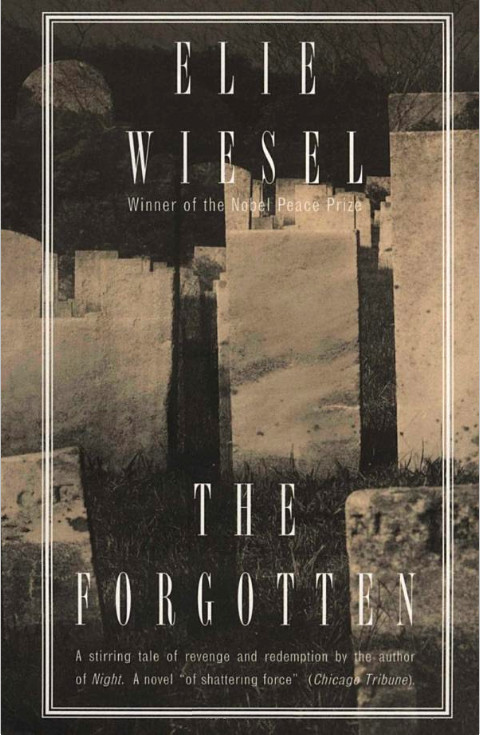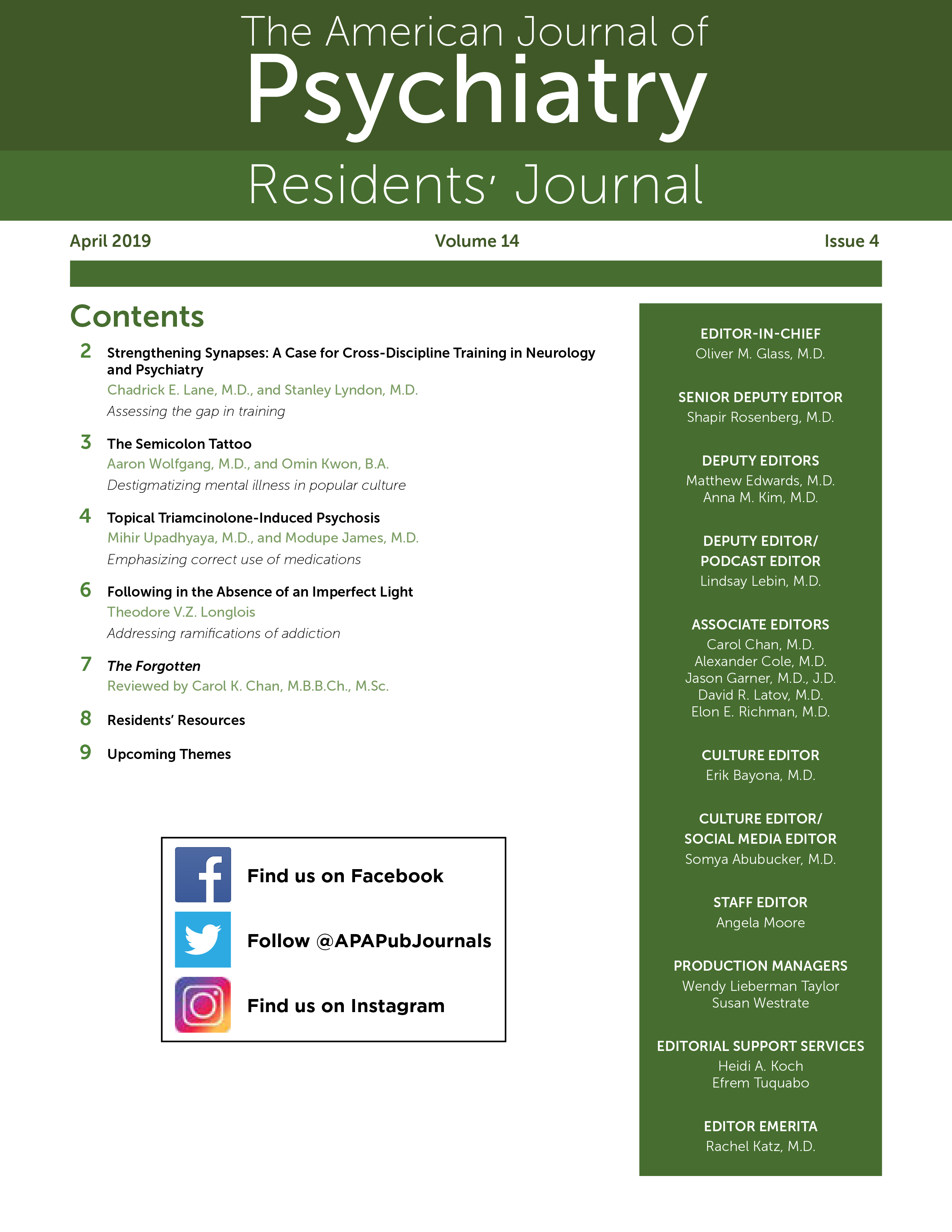"What sort of witness would I be without my memory?"
The Forgotten, a novel published in 1992 by Elie Wiesel, opens with a prayer by Elhanan Rosenbaum, an elderly survivor of the Holocaust, as he pleads to retain his memories that had begun to rapidly fade. Fearing that the memories of all he had experienced would fall into oblivion owing to an unspecified illness, he sends his only son Malkiel, a journalist who writes obituaries for The New York Times, to Romania to retrieve them. While in Romania, Malkiel discovers pieces of his father's past through the neighborhood's gravedigger, a grotesque figure who intertwines stories of the past with fantastical tales of the dead. Malkiel also crosses paths with an elderly woman who, unlike his father, wished to discard her own anguished memories of that time. Unlike Elhanan, who built his identity as a survivor of war, she had disassociated from her past as the wife of a Nazi ally. In retracing his father's steps, Malkiel learns not only of his father's past but also that of his grandfather and others who had perished in the war. Wiesel revisits the themes of death and memory many times throughout the novel through these characters, as he explores how the passage of memory from the dead to the living shapes an understanding of the present.
Although the overarching plot builds on Wiesel's other works that bear witness to the memory of the Holocaust,
The Forgotten also tells the story of an intimate relationship between a son and his father and the implications of cognitive decline for an individual and his or her loved ones. As he battles against time to pass on what is left of his recollections to his son, Elhanan slowly loses his identity, that of a Holocaust survivor. Interestingly, the novel holds many parallels to the author's life, as Elie Wiesel himself was a survivor of the Holocaust. Born in Romania in 1928, he and his family were deported to German concentration camps during World War II. He was liberated in 1945 by Allied troops and was taken to Paris, where he then worked as a journalist (
1). He later became an author who dedicated much of his literary career to the remembrance of the Holocaust, for which he was awarded a Nobel Peace Prize in 1986.
The Forgotten explores the meaning attached to memories and how this shapes our identity and the subjective interpretation of our experiences. Despite its grave tone, the novel instills hope that memories can carry on through generations and that through these bonds, we gain not only remembrance but also empathy for the suffering of others.

